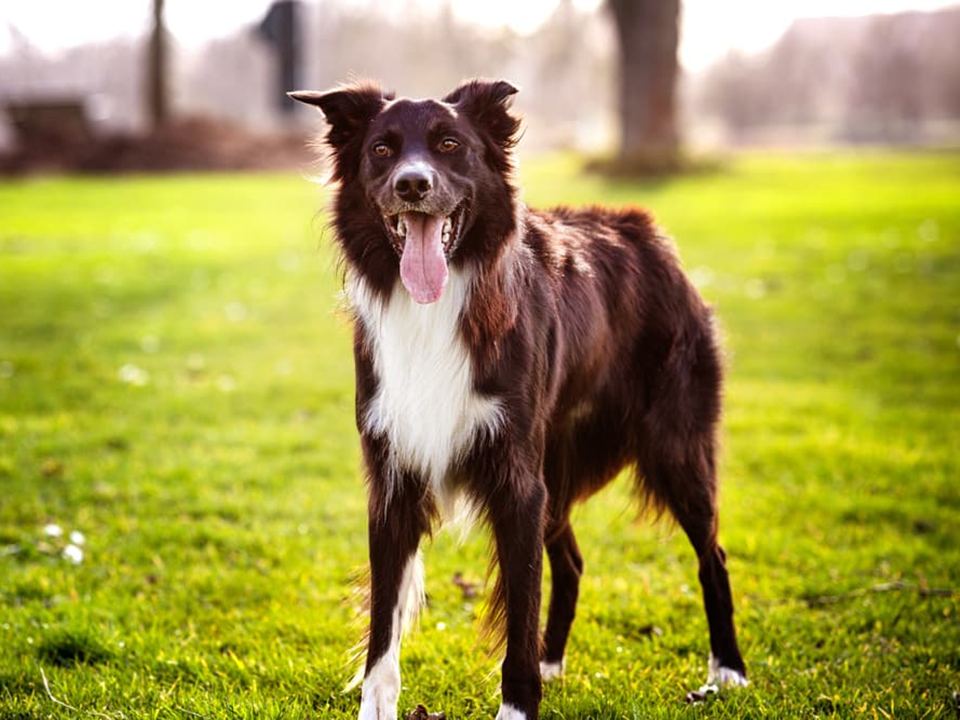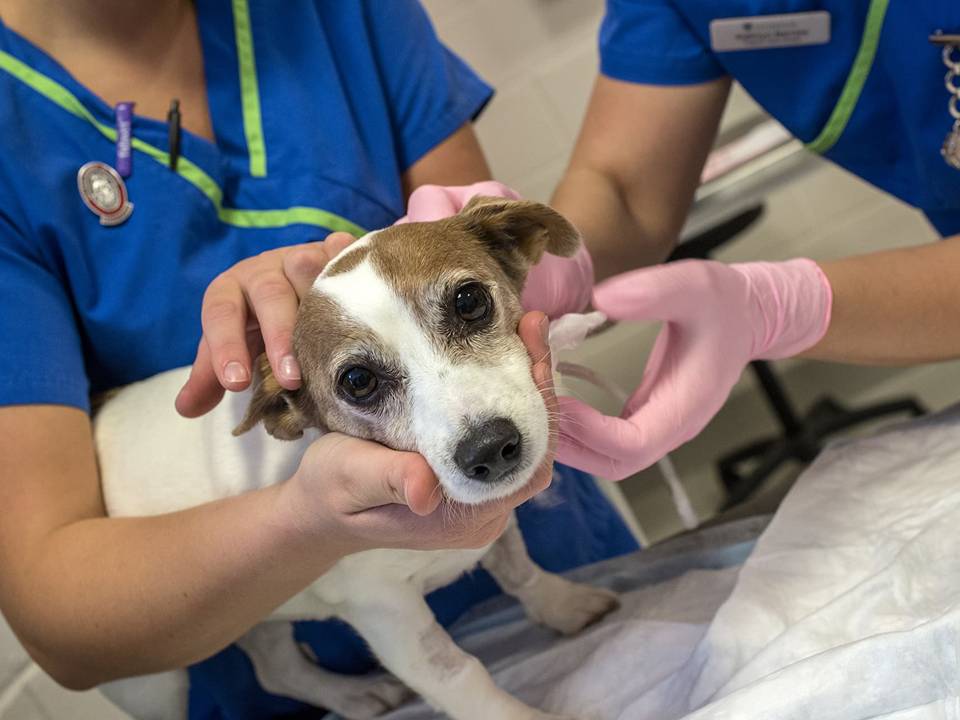Dog Allergies and Chronic Conditions Such as Kidney Disease
When it comes to our pets, proper nutrition plays a critical role in maintaining their health and well-being. Dogs, like humans, can suffer from food allergies or chronic conditions such as kidney disease. Managing these health issues often requires special diets tailored to the dog’s specific needs. Understanding how to adjust your dog’s diet if they have allergies or kidney disease can make a significant difference in their quality of life. This guide will provide essential insights into managing these conditions through proper nutrition.
Understanding Food Allergies in Dogs
Food allergies in dogs can manifest in a variety of ways, including gastrointestinal upset, skin issues, ear infections, or excessive itching. Common allergens include proteins found in chicken, beef, dairy, wheat, and soy. In some cases, dogs may also react to preservatives, dyes, or other artificial additives in commercial dog foods.
Signs and Symptoms of Food Allergies
The most common signs of food allergies in dogs include:
Itchy skin, especially around the paws, ears, and belly
Chronic ear infections or yeast infections
Digestive problems like vomiting or diarrhea
Excessive licking or biting of the skin
If you suspect your dog has a food allergy, it’s important to consult a veterinarian. They may suggest an elimination diet, which involves removing common allergens from the dog’s diet and then gradually reintroducing foods to determine the specific trigger.
Dietary Management for Dogs with Allergies
When feeding a dog with allergies, the goal is to avoid ingredients that trigger allergic reactions and to provide nutrition that supports overall health.
Hypoallergenic Diets
Hypoallergenic diets use novel proteins or hydrolysed proteins to minimize the risk of allergic reactions. Novel protein diets include proteins that your dog is unlikely to have encountered before, such as venison, duck, kangaroo, or fish. Hydrolysed proteins are proteins that have been broken down into smaller molecules, making it less likely that the immune system will recognize and react to them.

Limited Ingredient Diets (LID)
LID foods contain fewer ingredients, making it easier to identify and eliminate specific allergens. These diets focus on one protein and one carbohydrate source, limiting exposure to potential triggers.
Grain-Free and Raw Diets
Although grains are not a common cause of food allergies in dogs, some owners opt for grain-free diets as part of allergy management. It’s important to note that grain-free diets should be approached cautiously due to concerns about their potential link to heart disease in dogs.
Raw diets, which consist of uncooked meat, bones, fruits, and vegetables, are another option, but these can be risky if not properly balanced. It’s essential to consult a veterinarian or a canine nutritionist to ensure raw diets meet all of your dog’s nutritional needs.
Kidney Disease in Dogs: Causes and Symptoms
Kidney disease, especially chronic kidney disease (CKD), is a common condition in older dogs but can occur in younger dogs due to genetics or infections. The kidneys play a crucial role in filtering waste products from the blood, balancing fluids, and regulating electrolytes. When the kidneys begin to fail, toxins can build up in the bloodstream, causing a variety of health issues.
Signs of Kidney Disease in Dogs
Common symptoms of kidney disease in dogs include:
Increased thirst and urination
Weight loss and poor appetite
Vomiting and lethargy
Bad breath and mouth ulcers
Managing kidney disease involves controlling the diet to reduce the workload on the kidneys and to maintain fluid and electrolyte balance.
Dietary Management for Dogs with Kidney Disease
The nutritional management of kidney disease in dogs focuses on reducing the levels of certain nutrients in the diet, primarily protein, phosphorus, and sodium. Proper hydration is also key, as dehydration can exacerbate the condition.
Low-Protein Diets
In dogs with kidney disease, too much protein can increase the workload on the kidneys, as they need to filter out protein waste products like urea. Therefore, a low-protein diet is typically recommended. However, the quality of the protein is important. High-quality proteins, such as those from eggs or fish, are more easily utilized by the body and produce fewer waste products.
Controlled Phosphorus Levels
Phosphorus management is crucial in kidney disease. High phosphorus levels can accelerate the progression of kidney damage. A kidney-friendly diet includes foods with low phosphorus content, such as rice, pasta, and certain vegetables, and limits the intake of high-phosphorus foods like dairy products, organ meats, and fish bones.
Low-Sodium Diets
Excess sodium can lead to high blood pressure and fluid retention, further straining the kidneys. Low-sodium diets are beneficial for dogs with kidney disease, so it’s important to avoid feeding them table scraps or commercial treats high in salt.
Increased Omega-3 Fatty Acids
Omega-3 fatty acids, often found in fish oil supplements, can help reduce inflammation and slow the progression of kidney disease. Incorporating omega-3s into a dog’s diet can also help with other health issues, such as arthritis or skin problems.
Maintaining Hydration
Dogs with kidney disease often struggle with dehydration because their kidneys can’t concentrate urine properly. Feeding wet food or adding water to dry kibble can help maintain hydration levels. Providing plenty of fresh water and, in severe cases, administering subcutaneous fluids under veterinary supervision can be crucial.
General Tips for Managing Special Diets
Consult Your Veterinarian: Always seek veterinary guidance before making major changes to your dog’s diet. A vet can recommend therapeutic diets or suggest supplements to support your dog’s condition.
Read Labels Carefully: Whether managing allergies or kidney disease, carefully check ingredient lists for harmful additives or excess levels of protein, phosphorus, or sodium.
Monitor Your Dog’s Response: Track your dog’s symptoms and overall health. Adjust the diet if necessary, and consult your vet regularly for updates on their condition.
Consider Homemade Diets: In some cases, homemade diets may be recommended, but these must be carefully balanced. Work with a veterinary nutritionist to ensure that your dog’s diet meets their specific health needs.
Conclusion
Feeding a dog with allergies or kidney disease requires thoughtful planning and close attention to their dietary needs. By understanding the best foods and nutrients to support your dog’s health, you can manage their symptoms and improve their quality of life. Whether using commercial therapeutic diets or carefully crafted homemade meals, proper nutrition is key to supporting your dog’s overall well-being. Always work closely with your veterinarian to ensure that your dog’s dietary needs are fully met as their condition evolves.






